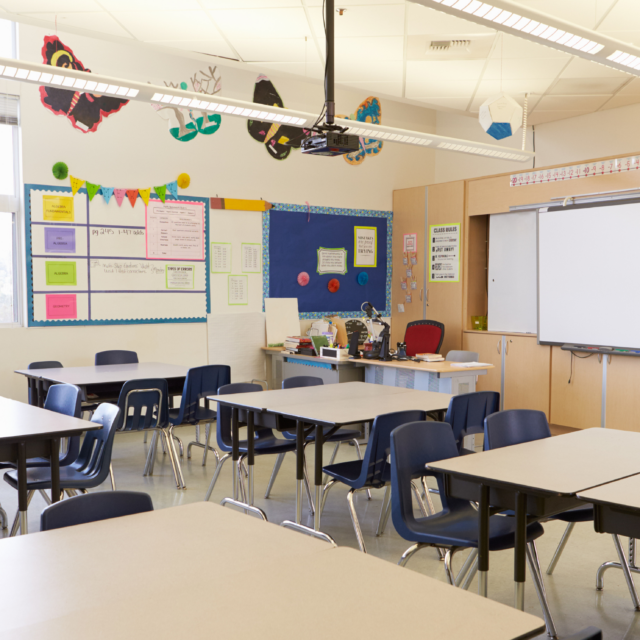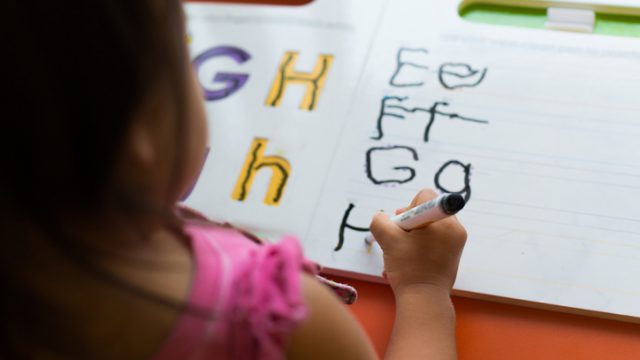Tips by Text, Engaging Parents in Early Learning – Second Trial
This is the second evaluation of Tips by Text carried out by NIESR using a larger sample of schools and in circumstances that more closely approximate everyday conditions. Tips by Text is a text messaging service for parents designed to improve the home learning environment and to improve literacy and socio-emotional skill of young children.

Summary & aims
Tips by Text was developed and it is implemented by the Behavioural Insight Teams (BIT). It adapts to the UK context the READY4K! intervention that was successfully implemented in California (USA). It consists of a 9 month text curriculum to the parents of Reception children, sending 3 texts per week containing simple and practical activities to do at home with their children. Every week the messages centre on a particular topic for example letter recognition, counting or managing emotions.
Evidence shows that the home learning environment in early years is as important, and perhaps, more important than the school environment for the development of children’s academic and emotional skills. The project expects to change parents’ attitudes towards children learning and ultimately to positively affect literacy and numeracy skills, as well as other socio-emotional skills. As is other “nudge” education intervention, the programme expects the impact to be larger among children with disadvantaged characteristics, such as for example, socio-economic disadvantage and having English as an Additional Language (EAL).
Methodology
The programme is evaluated through an individual-level randomised controlled trial. The parents of children of approximately 140 schools across the country are randomly assigned to the text messaging programme or to a control group. Measurements of language skills and self-regulation will be taken before and after the intervention among approximately 3,000 children. Qualitative work will investigate the extent of parents’ engagement with the programme and the success of the intervention in improving their confidence and the home learning environment. Results will be disaggregated by relevant group characteristics such as children’s FSM recipient status and children with EAL.
Principal Investigators

Researchers


















